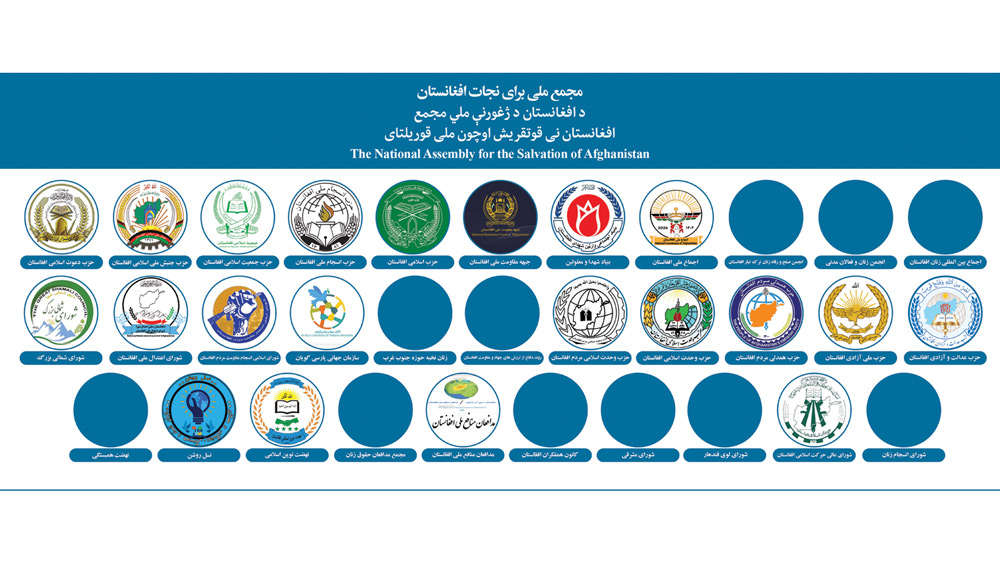The first meeting of the Leadership Council of the National Assembly for the Salvation of Afghanistan was held on January 7 (19 Jadi) with the participation of leaders and heads of 36 political movements and organizations affiliated with this assembly.
The meeting of the leaders of the National Assembly for the Salvation of Afghanistan was chaired by Mohammad Younus Qanooni, the former Vice President and one of the prominent political figures.
Mr. Qanooni, by conducting a comprehensive analysis of the political and humanitarian situation in the country and the emergence of hope after the establishment of the National Assembly for the Salvation of Afghanistan, expressed his concern about the heartbreaking and painful situation of refugees. He explained the ways to address the current crisis, the necessity of establishing this great national umbrella, and its impact at the national, regional, and international levels.
In part of his speech, Mr. Qanooni stated:
“Our beloved country is in a highly critical condition. The absence of a legitimate government, the continued widespread violation of human rights, the dire economic situation, and the overwhelming pressure on Afghan refugees by neighboring countries have driven our people into despair. These issues have led to the mass migration of people, including women, youth, and all segments of society, from the country. In such circumstances, the people of Afghanistan expect leaders and political activists to unite in the path of rescuing the country and its people.”
The National Assembly for the Salvation of Afghanistan was established as a significant step toward political unity and rescuing the country from its current situation, bringing hope to the people.
This assembly aims to put an end to the tyranny of the Taliban and pave the way for a better future than the present. Its priorities include democratic, just, and wise unity, with the goal of forming a government rooted in the will of the Afghan people.
It is worth mentioning that the first meeting of the Leadership Council of the assembly was attended by leaders of 36 political movements, civil society representatives, and other social organizations involved in the assembly. Following discussions, decisions were made on the following matters:
1. The proposed structures of the assembly, including nine committees and other related subgroups, should be established and activated.
2. The proposal for holding the first women’s conference of the National Assembly for the Salvation of Afghanistan was approved, and their proposed resolution was also adopted.
3. The commission for drafting the statute, under the chairmanship of Mohammad Sarwar Danish, the former Vice President, was approved.
4. To ensure the active presence and dynamic role of youth, it was decided that educated, skilled, and experienced young individuals would be appointed to lead all working committees.
5. All attending leaders emphasized that the forced deportation of Afghan refugees from neighboring countries, particularly Iran, Turkey, and Pakistan, is not a solution but will instead exacerbate the humanitarian crisis in Afghanistan. The only reasonable solution to prevent mass migration and create the conditions for the voluntary return of refugees to their homeland is to bring about fundamental changes in Afghanistan and establish a legitimate government rooted in the will of the people.
The National Assembly for the Salvation of Afghanistan, while appreciating the humanitarian cooperation of the host countries of Afghan refugees, called on the international community and regional countries to prevent the forced deportation of Afghan refugees until conditions for their dignified and safe return are provided.
The National Assembly for the Salvation of Afghanistan invites all compatriots, political, social, and cultural forces, as well as independent national figures, to stand alongside the National Assembly to save the country from its current situation.
National unity and solidarity are the only ways out of the current crisis and the beginning of a new chapter in Afghanistan’s history.

